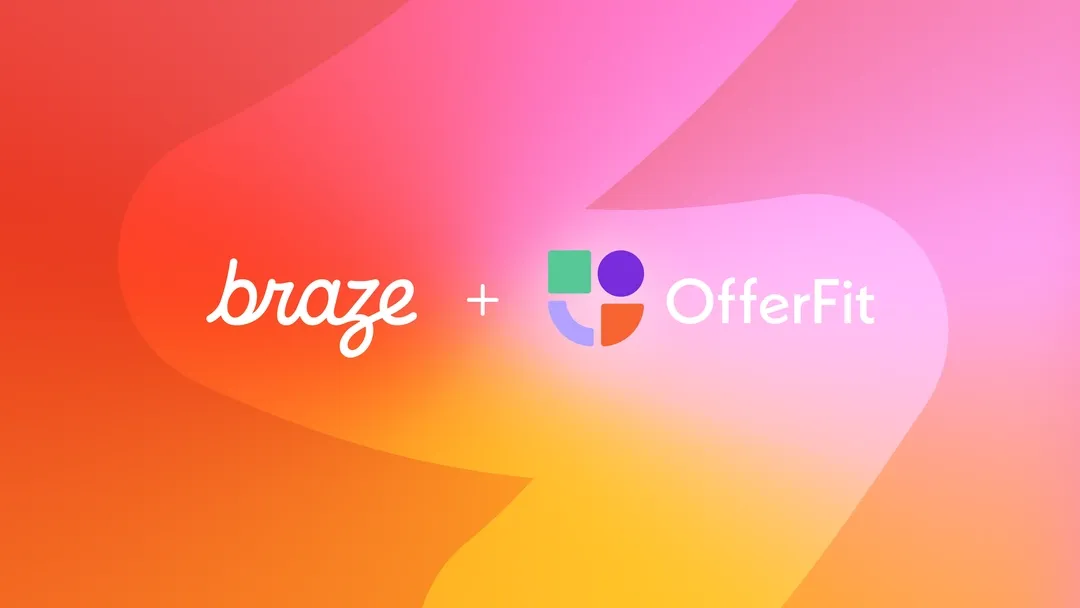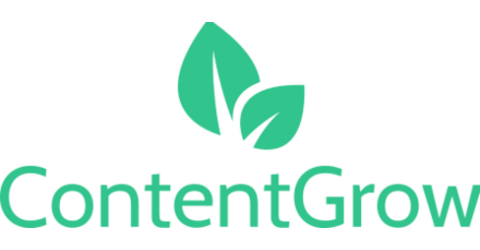Braze acquires OfferFit for $325M to boost AI personalization
Braze acquires OfferFit for $325M to enhance AI-driven customer personalization, boosting its push into agentic AI with Project Catalyst.

Braze, the customer engagement platform known for real-time cross-channel messaging, has recently announced its acquisition of OfferFit, an AI decisioning startup, for US$325 million. The deal is expected to close by July 2025, combining the strengths of both companies to accelerate the deployment of agentic AI in marketing.
This acquisition comes as Braze intensifies development on Project Catalyst, a native AI agent initiative aimed at automating customer journey orchestration and content optimization at scale. OfferFit’s reinforcement learning tech—which autonomously experiments and personalizes messaging—will now serve as a cornerstone of that effort.
What is OfferFit and how it fits into Braze’s vision
Founded in 2019, OfferFit helps marketers automate CRM personalization using AI agents that test and learn the optimal actions for each user. The platform replaces manual A/B testing with reinforcement learning, helping brands create individualized campaigns across channels.
Its co-founders, George Khachatryan and Victor Kostyuk, will join Braze and continue scaling OfferFit’s AI engine within the broader product suite.
Braze, led by co-founder and CEO Bill Magnuson, has been exploring “agentic AI” as a key differentiator in martech. By integrating OfferFit’s multi-agent decisioning, Braze aims to deliver 1:1 personalization across every message, journey, and incentive—without the usual trial-and-error overhead marketers face.
Why this matters for marketers
For marketing teams struggling with complex segmentation, static rules, or tedious A/B testing, this deal signals a shift toward automation that learns as it goes. OfferFit's approach lets AI continuously experiment with messaging, timing, and channels—helping teams adapt faster to shifting customer behavior.
In practice, this could mean:
- Optimizing reactivation campaigns for dormant users in real time
- Automatically fine-tuning email subject lines or push triggers based on performance
- Crafting hyper-personalized promotions without manually designing variants
Braze’s integration of OfferFit could lower the technical barrier for these kinds of AI-powered experiments, making dynamic optimization more accessible to mid-size and enterprise brands alike.
What is Braze and OfferFit’s traction?
Braze has built a global presence with 15 offices and a reputation as a Gartner Magic Quadrant Leader for Multichannel Marketing Hubs (2024). It delivers trillions of personalized messages annually for brands such as HBO Max, Burger King, and DraftKings.
While OfferFit doesn’t publicly share revenue figures, its customer roster includes Chime, LATAM Airlines, MetLife, PizzaExpress, Wyndham Hotels, and Yelp.
Notably, OfferFit was already integrated with Braze prior to the acquisition, enabling some of these clients to personalize over 100 traits per email campaign.
Who are OfferFit’s competitors?
- Zeta Global – Offers a customer data platform with embedded AI for omnichannel personalization. The company went public in 2021 and reports annual revenue exceeding US$600 million.
- Optimove – Known for its AI-led CRM marketing suite. It raised US$75 million from Summit Partners in 2021 and serves clients like Staples and Papa John’s.
- Cordial – A cross-channel marketing platform that uses real-time data to personalize communications. Raised US$50 million in Series C funding in 2022 and serves brands like Revolve and Eddie Bauer.
These platforms also focus on CRM personalization but vary in terms of their use of reinforcement learning or agentic AI, a field in which OfferFit is relatively early-stage but technically ambitious.
The bigger picture
This acquisition is more than a feature addition—it’s a strategic bet by Braze on AI's role in evolving customer engagement from static workflows to intelligent orchestration. As marketing leaders explore automation beyond analytics and dashboards, AI agents that act (not just observe) could become foundational.
Marketers watching this space may want to reassess how much of their personalization stack still relies on rules and batch testing—and whether reinforcement learning could reduce time-to-impact.



